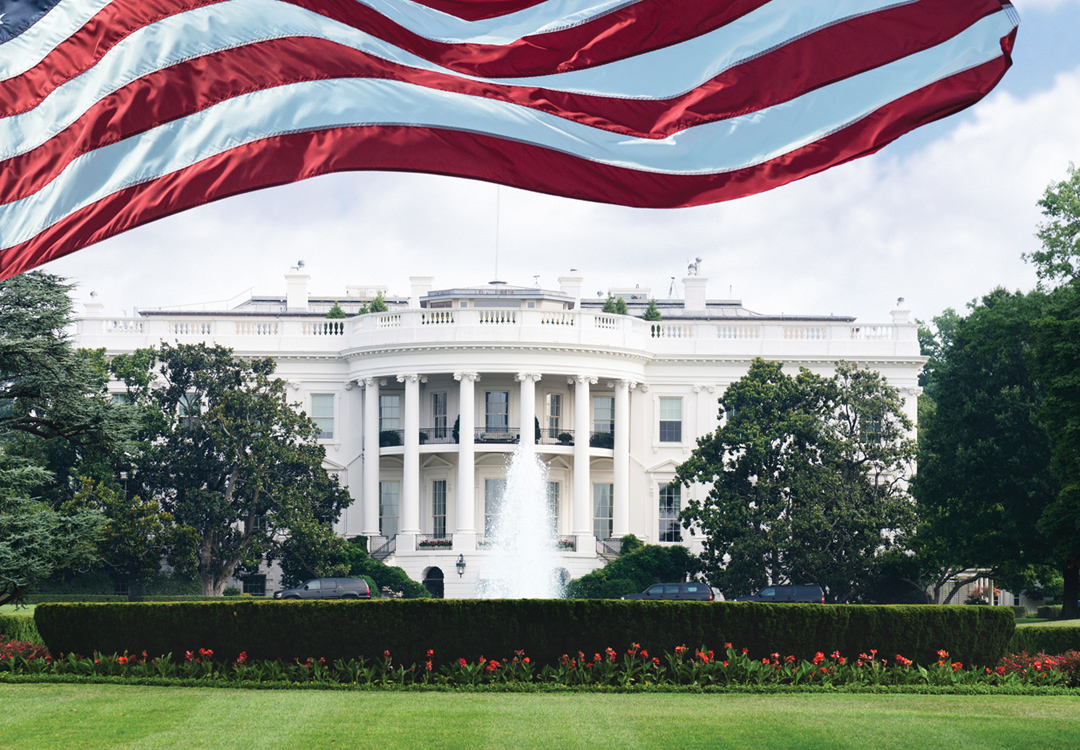On July 6, the House of Representatives set Feed the Future into statute by passing the Global Food Security Act, which now awaits the President’s signature.
“Seven years ago, just a few months into my presidency, I came together with counterparts from some of the world’s most powerful nations and committed to improving the lives of rural poor people around the globe through investments in more productive agriculture and better nutrition,” said President Barack Obama. “I’m proud to see that Congress has passed S. 1252, The Global Food Security Act of 2016, an overwhelmingly bipartisan piece of legislation that will put Feed the Future, our global hunger and food security initiative, into law.”
Feed the Future includes partnerships with university researchers, including the Feed the Future Innovation Lab for Collaborative Research on Sorghum and Millet at Kansas State University. While the program is designed to help reduce global hunger and increase food security, the research might also benefit sorghum farmers in the United States better cope with on drought and disease.
S. 1252 requires the President to develop and implement a Global Food Security Strategy to promote global food security, resilience and nutrition. According to the bill, it is in the U.S. national security interest to promote global food security, resilience and nutrition consistent with national food security investment plans through programs and activities that:
- Place food insecure countries on a path toward self-sufficiency and economic freedom by coordinating U.S. assistance programs.
- Accelerate inclusive, agricultural-led economic growth that reduces global poverty, hunger and malnutrition.
- Increase the productivity, incomes and livelihoods of small-scale producers.
- Build resilience to food shocks among vulnerable populations and households while reducing reliance upon emergency food assistance.
- Create an environment for agricultural growth and investment.
- Improve the nutritional status of women and children.
- Align with and leverage U.S strategies and investments in trade, economic growth, science and technology, agriculture research and extension, maternal and child health, nutrition, and water, sanitation and hygiene.
- Strengthen partnerships between U.S. and foreign universities that build agricultural capacity.
- Ensure the effective use of taxpayer dollars in achieving these objectives.
The bill also authorized the Emergency Food Security Program, which allows for cash vouchers and regional procurement of international food aid. Legislators assured the legislation will not extend these rules to the Food for Peace program, through which U.S. commodities are sent as food aid to countries in need.












